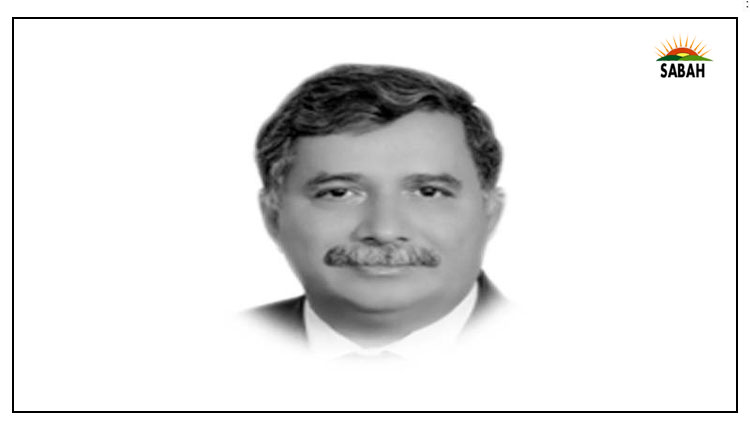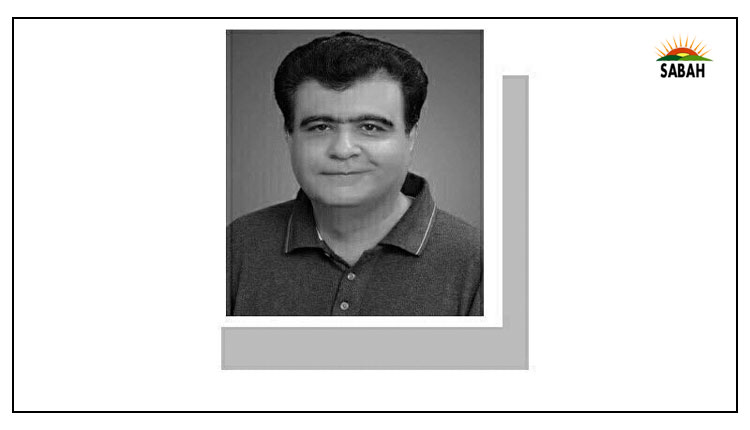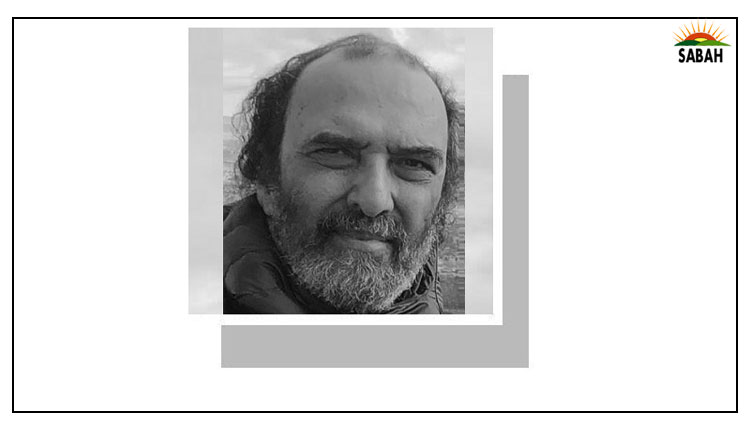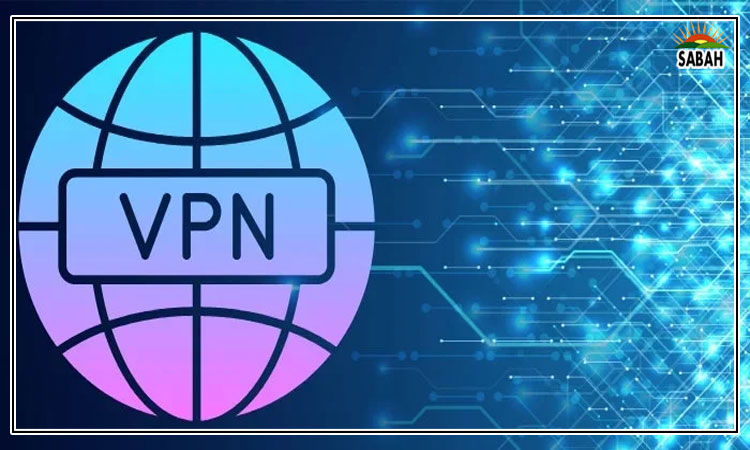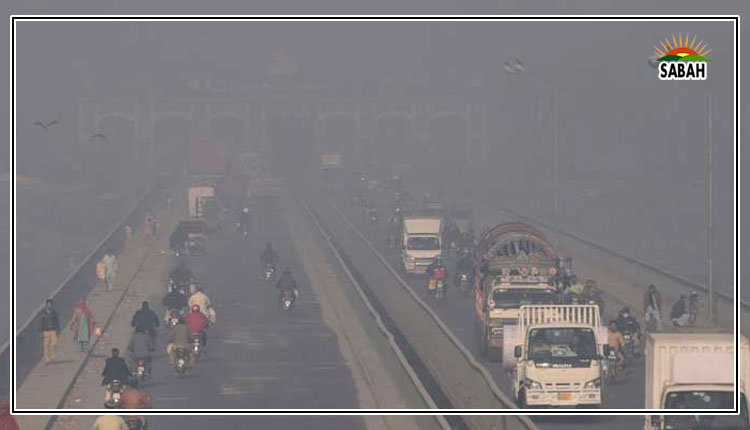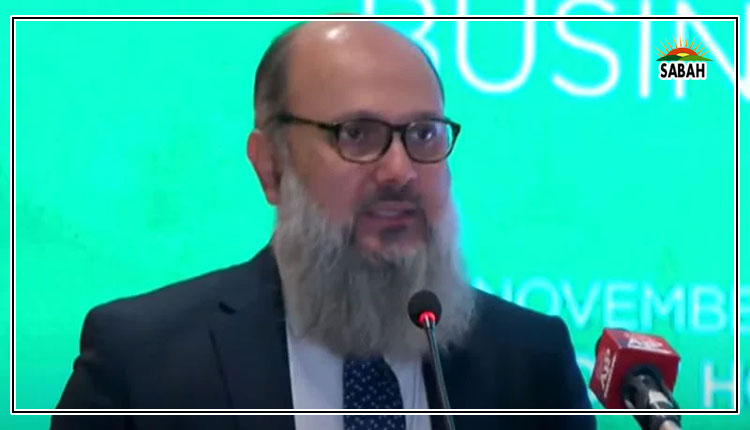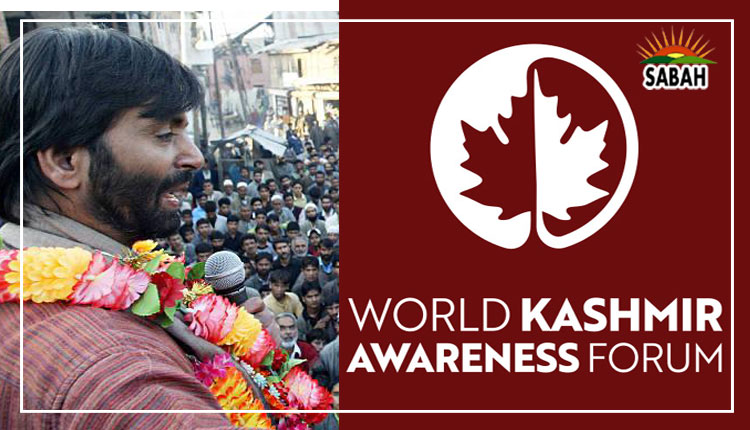Yasin Malik: The most recognizable leader of Kashmir: WKAF
WASHINGTON, June 5 (SABAH): The World Kashmir Awareness Forum (WKAF) has said that on Wednesday, May 25, 2022 (Shawwal 24, 1443), one of the most influential, recognizable, and revered political leaders of Kashmir Mohammad Yasin Malik, Chairman Jammu Kashmir Liberation Front, was sentenced to life imprisonment by an Indian court.
His Crime?
He wanted Independence for his beloved homeland from India. He wanted India to honor the pledge she gave to the world community and to the United Nations that the people of Jammu & Kashmir shall have the right to self-determination to determine their future and destiny.
Fondly called Yasin Sahib by his ‘people’, he was born in Kashmir in 1966 and attended the local school and college. He had political and leadership tendencies from an early age.
During his teenage years, the National Conference had become the predominant party after the Indian Prime Minister, Indira Gandhi, and Shaikh Mohammad Abdullah signed an ‘Accord’ earlier in 1975 that went entirely against the aspirations of the people.
Violence by the Indian army and paramilitary forces against innocent, unarmed civilians who were unable to express their opposition to the official policies agitated Malik. He rebelled against this oppression and assembled a group of like-minded youth that subscribed to his ideology and named it Tala Party. In 1983, he tried to disrupt an international cricket match between West Indies and India that was played in the stadium in Srinagar (Capital of Kashmir). All Kashmiri spectators were rooting for West Indies to the delight of the visiting team and to the dismay of the Indian team and Indian authorities. (Incidentally, India has never again held an international sports event in Kashmir since).
Malik’s group organized protests in Kashmir on the first anniversary of the hanging of Kashmiri freedom struggle leader, Maqbool Bhat, who was hanged on 11 February 1984 in Tihar Jail in Delhi. He also took a public stand in 1985 against the candidates fielded by the National Conference for elections. He was roughed up and hospitalized. Soon thereafter, he was arrested and sent to ‘Red 16’ interrogation center for three months.
This was his first experience with prison with physical torture at the hands of Indian authorities.
The experience led him to transform the Tala party into the Islamic Student League (ISL). It attracted who’s who in the Kashmir youth movement, including Ashfaq Majeed Wani, Javaid Mir, Shakeel Bakshi, Ajaz Dar, Mehmood Sagar, Firdous Shah, Mushtaq Ul Islam, and scores of other well-recognized names in Kashmir. And, very quickly, ISL represented the street power across Kashmir.
Election and politics became preoccupation of Mr. Malik. “It was unimaginable to take out an anti-National Conference (NC) rally in Srinagar then,” relates Yasin Malik in his interview with Saima Bhat of Kashmir Life in 2016. ISL and Muslim United Front (MUF) worked closely while the latter fielded candidates across the Valley of Kashmir against the NC candidates for the 1987 State Assembly elections.
ISL did not field any candidate for the election since it did not agree to election under the Indian constitution. It did, however, actively campaigned for the MUF in all constituencies in Srinagar. Apparently, Amira Kadal was the most fiercely contested constituency between the National Conference and MUF candidates. The polling was reportedly brisk. For two days counting continued for the Amira Kadal constituency at the Government Medical college hostel in Bemina, Srinagar.
Malik, in his interview referenced above, said “When we went there, we saw agents were tampering [with] votes. SSP Gill [in charge of the station] was there, I asked him what was going around to which he replied ‘you are most wanted and I don’t want you to be arrested here’.” Shortly thereafter, police raided their office and arrested most of the MUF leadership. Malik, along with Ashfaq and Javaid, jumped out of the window to avoid arrest.
It is universally accepted that the Indian machinery grossly rigged the 1987 elections to install the puppet Farooq Abdullah Government in Kashmir. There was a hue and cry across the Valley but who would listen? That became the catalyst for a number of Kashmiris, including Malik and his close associates to start an uprising against the Indian occupation.
Armed revolt against the illegal Indian occupation then erupted in 1988. Malik picked up the gun against Indian rule. He was wounded and captured in a battle in August 1990. In media interviews, he has maintained that he was driven to “armed struggle” because the Indian state did not allow any space for non-violent protests. And, in his interview with BBC in 2001, Malik said: “When people look at Yasin Malik, they have to look at three Yasin Malik’s — one from ‘84 to 88 [student activist], second from 88 till 1994 [militant], and third from ‘94 till onward [Gandhian]”. In the same interview, he mentioned, “The matter is simple, there are cases against me pending in court, but now 11 years have passed and Government of India has not even started the trial,”
He renounced violence in 1994.He has been imprisoned regularly ever since. The more recent Indian onslaught came when Mohammad Yasin Malik, late Syed Ali Shah Geelani, and Mirwaiz Omar Farooq announced the formation of Joint Resistance Leadership (JRL) in 2016. JRL’s “hartals” were effective and followed across all stripes of public opinion. But it also brought on the wrath of the Indian army and paramilitary forces.
In 2019 Jammu Kashmir Liberation Front (JKLF) headed by Malik was banned and he was arrested. The Indian National Investigation Agency (NIA) accused Malik and several others of receiving funding from Pakistan to finance acts of terrorism, including stone-pelting. What happened inside the court – no one knows for sure. There was no open trial. Almost 50 anonymous witnesses, some with code names of ‘Jack’, ‘John’ and ‘Alpha’, were apparently presented in the opaque court.
At the trial, Malik protested the charges against him and insisted that he was a freedom fighter. As reported by Associated Press, Malik stated that “Terrorism-related charges leveled against me are concocted, fabricated and politically motivated.” AP further reported that Malik told the judge, “If seeking Azadi (freedom) is a crime, then I am ready to accept this crime and its consequences.”
Mushaal Hussein Mullick, Yasin Maliks’s wife, wrote on her Twitter account “Verdict in minutes by Indian kangaroo court,” “The iconic leader will never surrender.”
The sentencing of Yasin Malik by the Indian kangaroo court is not surprising for the people of Kashmir. These are the same courts that committed judicial murder of Kashmiri freedom fighters like Maqbool Bhat and Afzal Guru in the Indian capital’s Tihar Jail. In the case of Guru, the Chief justice of the highest court in India admitted that evidence was circumstantial, but the sentence was upheld to satisfy the collective conscience in the society. Mumbai, India based FirstPost reported on February 26, 2016 that “Afzal Guru, executed in 2013 for his role in the terror attack on Parliament, is at the centre of a political storm after protests in universities across the country. Those opposed to the death sentence handed out to him have termed it as a ‘judicial killing’ and said that it was carried out merely to satisfy a questionable ‘collective conscience.”
Although Yasin Malik has been given the inhumane and cruel sentence for life, worse may be on the cards, given India’s previous record in Kashmir. The point to be noted is that Yasin Sahib in late was involved in peaceful negotiations with Indian leaders at their invitation and reassurance for a peaceful dialogue at the highest level, including the then Prime Minister Dr. Manmohan Singh? No Indian administration has ever been worthy of trust in its dialogues with Kashmiris or its neighboring countries. The plan and intentions of the current fascist regime are even more sinister. The International community must take cognizance of that historical behavior of India. By eliminating peace-loving leaders like Yasin Malik, the Indian regime is closing any avenues of peace in the region and pushing the youth of Kashmir towards actions that can be detrimental to the peaceful resolution of Kashmir conflict. We appeal to the United Nations and other world organizations to shed their protracted silence and earnestly impress upon the Indian government to let international standards of justice prevail and free Mohammad Yasin Malik.


